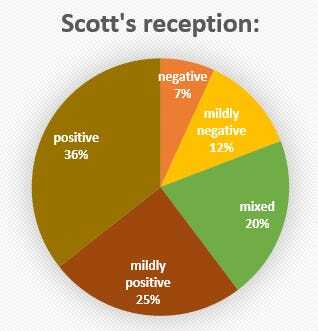

This is another example of the dangers of wealth inequality. A lot of EAs tried to start a youtube channel (e.g.), but the only one that could get funded was this one, the one promoting bitcoins and charter cities. Now this is the largest EA channel, attracting more of those types and signalling clearly that if you want to succeed in EA you gotta please the capitalist funders.


Well naive bayesianism, as practiced by the rationalists. Bayesianism itself can be reformed to get rid of most its problems, though I’ve yet to see a good solution for the absent-minded driver problem.